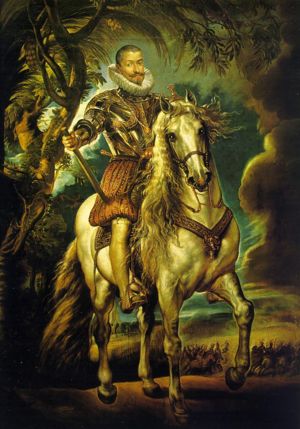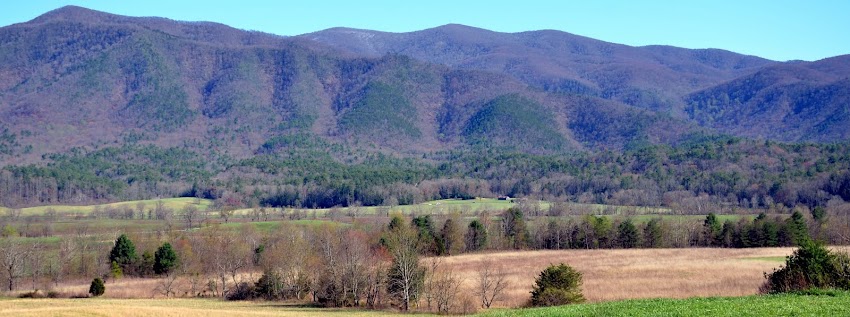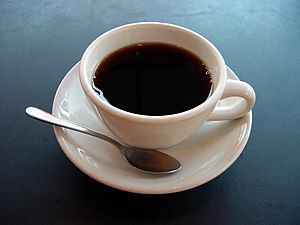At once both sublime and sensual, not words, nor the pictures here can convey how beautiful his work is.
 Image via Wikipedia The first painting I saw as I entered was "Equestrian Portrait of the Duke of Lerma." It had to be fifteen feet tall and if allowed to touch the work, I would have sworn you could feel the satin in the horse's coat. This picture does not do the work justice.
Image via Wikipedia The first painting I saw as I entered was "Equestrian Portrait of the Duke of Lerma." It had to be fifteen feet tall and if allowed to touch the work, I would have sworn you could feel the satin in the horse's coat. This picture does not do the work justice.Included in this room was a series of work depicting the apostles--many rarely ever exhibited.
 Image via Wikipedia In "Abraham Offers the Tithe to Melchizedek," Rubens captured the concept of the tithe. Melchizedek is resplendent. You know he is God. And Abraham is rich and powerful, still he bows before this king and offers him a tenth of all he has. The humility, the grandeur, the positive qualities of God and mankind are captured in this work.
Image via Wikipedia In "Abraham Offers the Tithe to Melchizedek," Rubens captured the concept of the tithe. Melchizedek is resplendent. You know he is God. And Abraham is rich and powerful, still he bows before this king and offers him a tenth of all he has. The humility, the grandeur, the positive qualities of God and mankind are captured in this work. Image by André Durand via Flickr
Image by André Durand via Flickr"The Adoration of the Magi" was massive, luxuriant, gorgeous. Inspired by Titian, the little image here does not do this justice.



